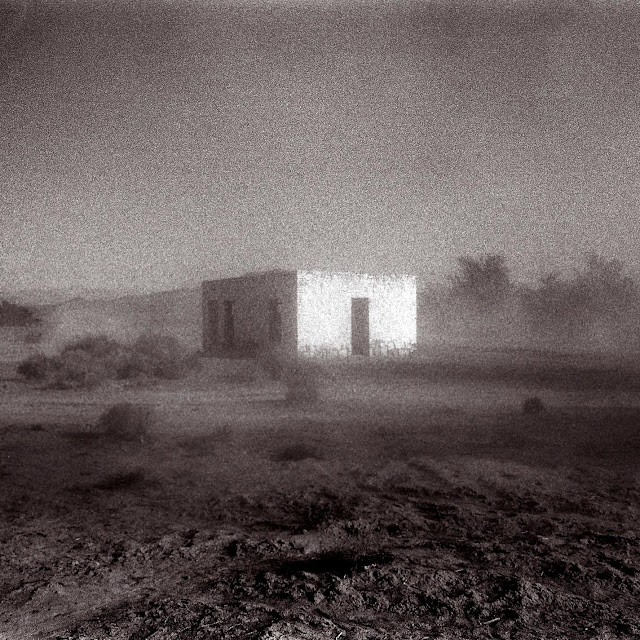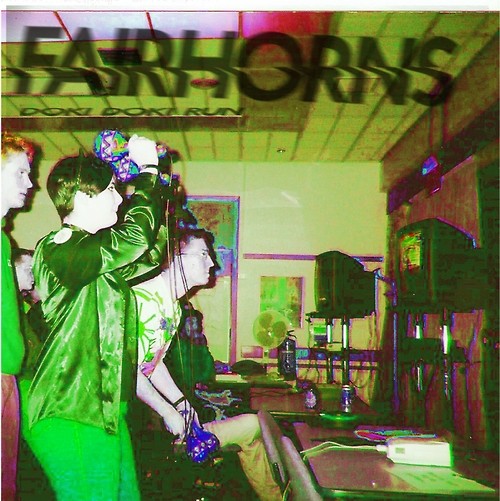
Besides seeming devoid of locational situation, Anywhere has a timeless feel to it too; a feel that is rarely in any way comparable to anything previously conjured by its creators. The Rachel Fannan-featuring Dead Golden West, for instance, is further indebted to Fairport Convention at their most spiritual and soporific than it is to previous employers Sleepy Sun, even at their least hair-raisingly raucous whilst Khamsin begins amid a flurry of minimalist glitch that's more Fennesz than it is in any way fIREHORSE. It soon fizzles and sparks; exuding an oozy ethnicity as though magmatic gunk trickling down volcanic crag and although it features the inimitable Bixler-Zavala on vocals, even his contribution is fettered as Beaulieu exhorts his outré companion to keep behind the drum kit. Once you've heard The Mars Volta man affront Bhangra breakbeat (Pyramid Mirrors) and psychotic salvo (Infrared Moses) it's only too understandable why he was relocated thus from fore and periodically it's tricky to vocally differentiate between he and Beaulieu: the title track of both album and outfit is led by an almost incorporeal wail that, given such ambiguity, becomes ever more bereft of body as it wafts atop invigorating washes of acoustic and traditional plinkage. Rosa Rugosa comes across as the paean of some lost Amazonian civilisation – all unintelligibly exotic yowl and thundercrack thud – to be filed alongside Shaman Mantra, a sort of hispanic jig that's heftily phased and quietly flamboyant in comparison with much of the record. For although the flamboyance of many a concept contemporary is perfectly harnessed and any feasible egotism is eradicated, this supertroupe of sorts have here fathomed something worth flaunting quite extravagantly.
























